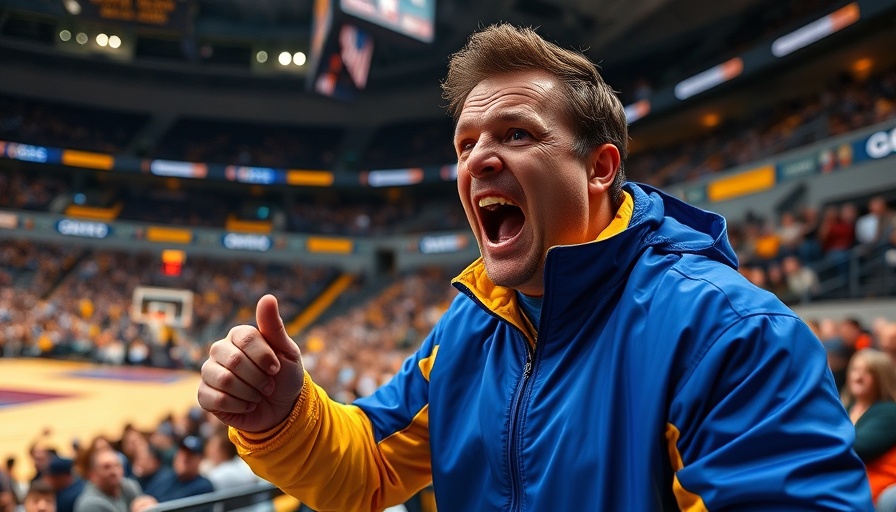
Understanding the Impact of Racism in Sports
The recent racially charged incident involving Golden State Warriors’ Draymond Green sheds light on the pervasive issue of racism in professional sports. During a crucial playoff game against the Minnesota Timberwolves, Green faced derogatory comments from fans, prompting swift action from both the Timberwolves and the NBA. Coach Steve Kerr praised the Timberwolves for their quick response, underscoring the importance of addressing such behavior immediately.
Importance of Strong Organizational Response
In the realm of professional sports, organizations play a significant role in fostering a safe and respectful environment for players and fans alike. The Timberwolves, under the guidance of Coach Chris Finch, acted promptly to eject a fan who crossed the line, setting a precedent for other teams to follow. Finch emphasized, “Obviously there’s zero place for any of that in sports or society,” reflecting a consensus that respect and inclusion must transcend the game.
The Emotional Toll on Athletes
For players like Draymond Green, such incidents are not merely distracting; they are emotionally taxing. Following the game, Green expressed his frustration about the stereotypes he faces as a successful Black athlete. His remarks about being labeled the 'angry Black man' highlight the systemic issues within sports culture and society at large. This emotionally charged environment can impact performance, mental health, and overall well-being for athletes, necessitating conversations about mental health support within sports organizations.
Sports as a Reflection of Society
Much like society at large, sports arenas can serve as microcosms for broader social issues, including racism and intolerance. The behavior of fans and how it’s handled by organizations can influence public perception and contribute to ongoing dialogues about equality and respect. Finch’s recognition of Minnesotans as ‘great, warm, welcoming people’ emphasizes that negative behavior by a few should not overshadow the values of the many.
Building a Culture of Respect
Enforcing a zero-tolerance policy on racist behavior is a crucial step towards building a more inclusive culture in sports. Organizations must work not just to punish wrongdoing but to educate their fan base about the importance of respect and equality. This, coupled with regular training and awareness campaigns, can help change the narrative surrounding professional sports.
Future Predictions and Trends
As more athletes speak out against racial injustices, and with increased public scrutiny on how organizations respond, we may see substantial changes in sports culture. The trend towards promoting inclusivity will likely escalate, leading to greater accountability and a shift in how fans engage with their teams. If organizations take the lead in advocating for respect and diversity, they can play a pivotal role in championing these values in society as a whole.
The Role of Fans in Shaping Sports Culture
Fans have immense power in shaping the culture of sports through their behavior and attitudes. Engaging positively, as Kerr noted regarding the ‘good vibes’ among the Warriors despite injuries, showcases how supportive fans can contribute to a respectful atmosphere. Fan engagement strategies that promote positive interactions and discourage antagonistic behavior can create an enjoyable experience for everyone involved.
As the Warriors gear up to continue their playoff journey, they not only play for victory but also for the larger cause of respect and equality both on and off the court. This incident serves as a reminder of the work yet to be done in sports and society, but also the potential for progress through collective action.
Call to Reflect and Support Change
Incidents like those faced by Draymond Green remind us of the ongoing struggles against racism, and the importance of swift action against discrimination. Support your favorite teams by engaging in conversations about respect and equality, encouraging your organization to uphold these values. Together, fans and athletes can help create an environment where everyone feels safe and supported.
 Add Row
Add Row  Add
Add 




 Add Row
Add Row  Add
Add 

Write A Comment